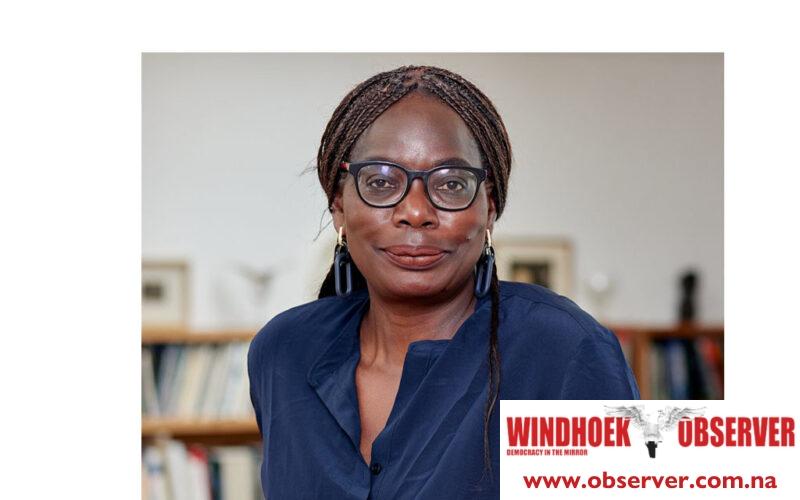Niël Terblanché
Namibia is set to present an oral statement before the International Court of Justice (ICJ) against Israel’s military actions in Palestinian territories, marking a pivotal moment in the country’s ongoing conflict with Hamas.
Scheduled for Friday, 23 February 2024, at the iconic Peace Palace in The Hague, Netherlands, Namibia’s presentation aims to address the legal consequences of Israel’s policies and practices in the occupied Palestinian territories, including Gaza, Rafah, and East Jerusalem.
The Namibian Cabinet has officially designated the Ministry of Justice to represent the country, underlining the seriousness with which Namibia views the situation.
The Cabinet has also endorsed the appointment of Professor Phoebe Okowa, a distinguished Kenyan scholar in public international law, to lead the legal charge.
Professor Okowa, currently serving as a professor and director of graduate studies at Queen Mary University in London, will present the oral arguments on Namibia’s behalf. She will bring her extensive expertise to the forefront of this critical international legal confrontation.
In the meantime, South Africa’s International Relations and Cooperation Minister, Dr. Naledi Pandor on the sidelines of the African Union Executive Council meeting in Addis Ababa, Ethiopia, expressed her deep concern over Israel’s defiance of ICJ orders and the ongoing bombardment of Rafah.
With the Israel-Hamas conflict now entering its fifth month, the humanitarian crisis in Rafah, where over two million people are trapped in dire conditions, has recently escalated dramatically.
Israel’s steadfast commitment to continue its military offensive, despite growing international outcry, emphasizes the complexity of the situation.
The Israeli government has made clear its intention to eliminate Hamas in Rafah, a strategy that has led to significant destruction and loss of life.
South Africa has echoed Namibia’s concerns, calling on the ICJ to intervene and prevent further escalation of violence, particularly in light of Israel’s plans to extend its ground assault into Rafah.
In response to international pleas, Israel has urged the ICJ to dismiss South Africa’s request for additional emergency measures, arguing that the situation in Gaza is already covered under existing directives.
However, the ICJ’s recent order for Israel to prevent acts of genocide in Gaza indicates the gravity of the accusations and the international community’s demand for accountability.
As Namibia prepares to take its stand at The Hague, the world watches closely because this moment represents not only a crucial legal challenge to Israel’s actions in Gaza but also a broader plea for justice and human rights in a conflict that has taken a heavy toll on civilians.
The outcomes of this legal encounter could have far-reaching implications for international law in the pursuit of global peace and security.




